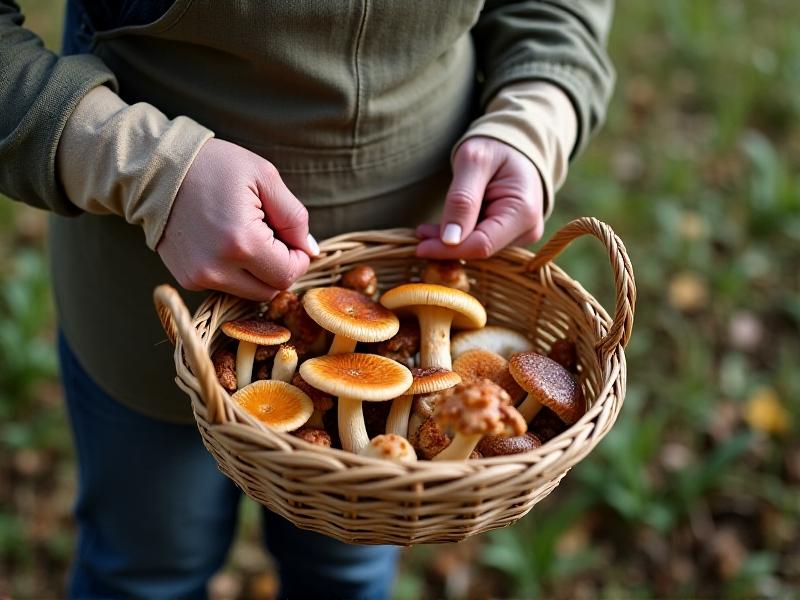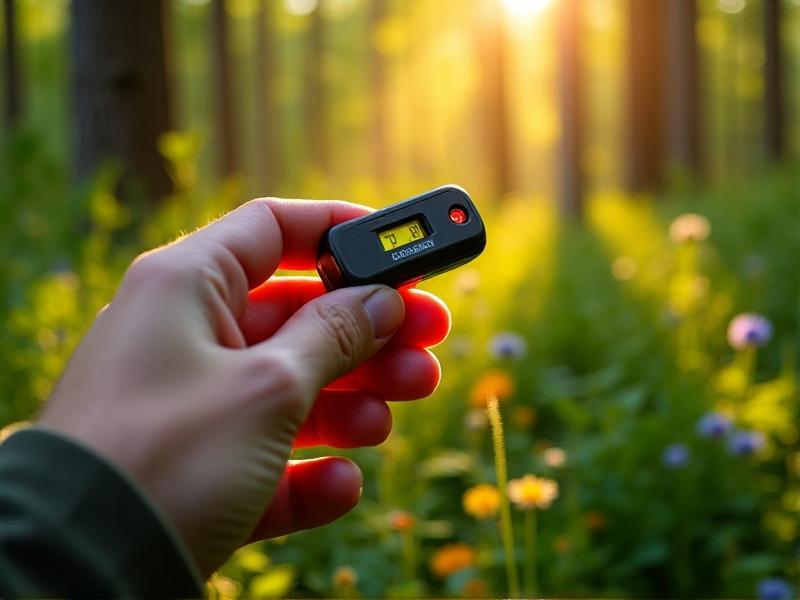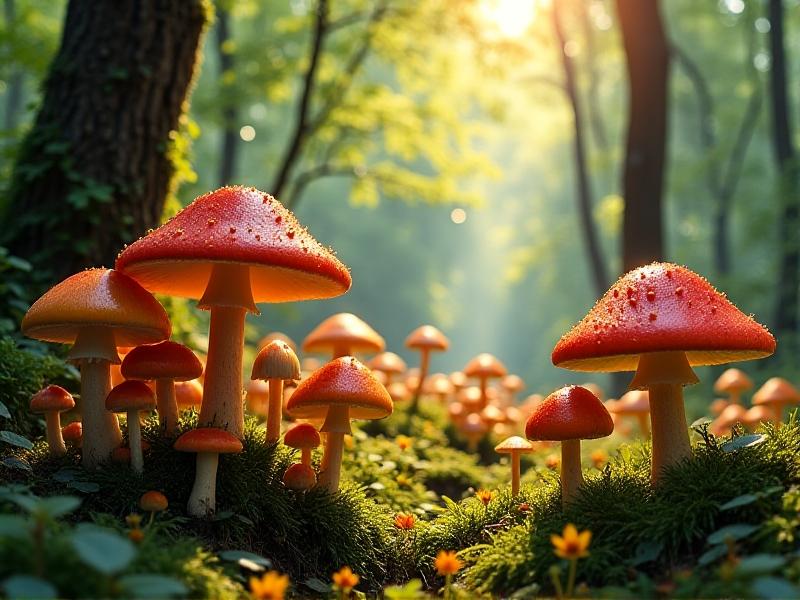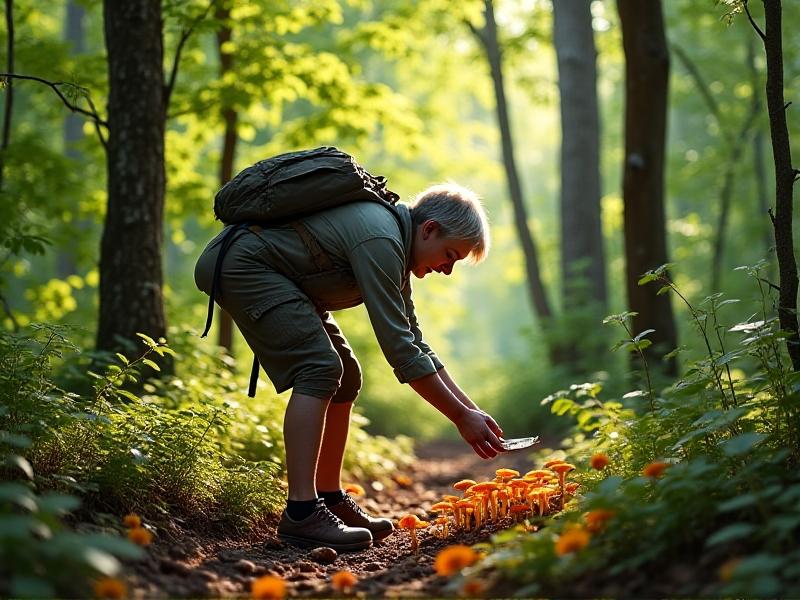Compliance Strategies for Foragers Under FDA and Local Food Laws
Understanding the Basics of Foraging and Food Laws
Foraging, the act of gathering wild food resources, has seen a resurgence in popularity as people seek to connect with nature and adopt sustainable living practices. However, foragers must navigate a complex web of regulations to ensure their activities are legal and safe. The Food and Drug Administration (FDA) and local food laws play a significant role in shaping these regulations. Understanding the basics of these laws is the first step toward compliance.
The FDA oversees food safety in the United States, setting standards for the production, handling, and distribution of food. While foraging often involves small-scale, personal use, selling foraged goods can bring these activities under FDA scrutiny. Local laws, on the other hand, vary widely and may include restrictions on where and what can be foraged. For example, some public lands prohibit foraging altogether, while others require permits.
Foragers must also consider the safety of the food they gather. Wild plants and mushrooms can be contaminated with pesticides, heavy metals, or harmful bacteria. Proper identification is crucial to avoid toxic species. Additionally, foragers should be aware of the environmental impact of their activities. Overharvesting can deplete natural resources and disrupt ecosystems.
By familiarizing themselves with FDA guidelines and local regulations, foragers can ensure their activities are both legal and sustainable. This foundational knowledge sets the stage for more detailed compliance strategies, which we will explore in the following sections.

Navigating FDA Regulations for Foraged Foods
The FDA's role in regulating foraged foods primarily focuses on ensuring food safety and preventing contamination. Foragers who intend to sell their finds must adhere to these regulations to avoid legal issues and protect consumer health. One of the key requirements is the proper handling and processing of foraged goods to prevent contamination.
For example, wild mushrooms must be correctly identified and processed to eliminate toxins. The FDA provides guidelines on safe handling practices, such as washing and storing foraged items at appropriate temperatures. Foragers should also be aware of the potential for cross-contamination, especially if they are handling multiple types of wild foods.
Another important aspect of FDA compliance is labeling. If foraged goods are sold, they must be accurately labeled with information such as the product name, ingredients, and any potential allergens. Mislabeling can lead to legal consequences and harm consumer trust. Foragers should also keep detailed records of their activities, including where and when the food was gathered, to ensure traceability.
While FDA regulations may seem daunting, they are designed to protect both foragers and consumers. By following these guidelines, foragers can ensure their products are safe and legally compliant, paving the way for successful and sustainable foraging businesses.

Local Food Laws and Foraging Permits
Local food laws can vary significantly from one region to another, making it essential for foragers to research the specific regulations in their area. Some localities may require permits for foraging, especially on public lands. These permits often come with conditions, such as limits on the quantity of food that can be gathered or restrictions on certain species.
For example, in some national parks, foraging is strictly prohibited to protect the natural environment. In contrast, other public lands may allow foraging for personal use but require a permit for commercial activities. Foragers should also be aware of any seasonal restrictions, as some plants and mushrooms are protected during specific times of the year to allow for regeneration.
In addition to permits, local laws may dictate where foraging is allowed. Urban foraging, for example, can be subject to city ordinances that restrict the gathering of plants from public spaces. Foragers should also consider the rights of private landowners, as foraging on private property without permission can lead to legal issues.
By understanding and adhering to local food laws, foragers can avoid legal pitfalls and contribute to the sustainable management of natural resources. Obtaining the necessary permits and respecting local regulations not only ensures compliance but also fosters positive relationships with communities and authorities.

Safety and Ethical Considerations in Foraging
Safety is a paramount concern for foragers, as the natural environment can pose various risks. Proper identification of plants and mushrooms is crucial to avoid toxic species, which can cause serious illness or even death. Foragers should invest in reliable field guides and, if possible, seek guidance from experienced foragers or mycologists.
Environmental factors also play a role in safety. For example, plants growing near roadsides or industrial areas may be contaminated with pollutants. Foragers should choose locations that are free from potential contaminants and practice sustainable harvesting techniques to minimize their impact on the ecosystem.
Ethical considerations are equally important. Foragers should respect the natural environment and the rights of other users of the land. This includes avoiding overharvesting, which can deplete resources and harm wildlife. Foragers should also be mindful of the cultural significance of certain plants and avoid harvesting them if they hold special importance to local communities.
By prioritizing safety and ethics, foragers can ensure their activities are not only legal but also responsible and sustainable. This approach not only protects the forager and the environment but also helps to preserve the practice of foraging for future generations.
Building a Sustainable Foraging Business
For those looking to turn their foraging passion into a business, sustainability is key. A sustainable foraging business not only complies with FDA and local food laws but also prioritizes the long-term health of the environment. This involves adopting practices that minimize environmental impact and ensure the continued availability of wild food resources.
One approach is to diversify the range of foraged goods offered. By not relying on a single species, foragers can reduce the risk of overharvesting and promote biodiversity. Additionally, foragers can explore value-added products, such as jams, teas, or dried herbs, which can extend the shelf life of foraged goods and increase their market value.
Building relationships with local communities and authorities is also important. Engaging with local food markets, restaurants, and consumers can help foragers establish a customer base and gain support for their activities. Transparency about sourcing and sustainability practices can also build trust and loyalty among customers.
Finally, foragers should stay informed about changes in regulations and best practices. Continuous learning and adaptation are essential for maintaining compliance and ensuring the long-term success of a foraging business. By prioritizing sustainability and ethical practices, foragers can create a business that benefits both themselves and the environment.
Educating the Public and Promoting Foraging Awareness
Education plays a crucial role in promoting responsible foraging practices and raising awareness about the benefits of wild food resources. Foragers can contribute to this effort by sharing their knowledge and experiences with others. This can be done through workshops, social media, or collaborations with local organizations.
Workshops and classes can provide hands-on learning opportunities for aspiring foragers, teaching them about plant identification, safety, and ethical practices. Social media platforms offer a way to reach a broader audience, sharing tips, recipes, and stories that inspire others to explore foraging. Collaborating with local organizations, such as environmental groups or schools, can also help to integrate foraging into community programs and curricula.
Raising awareness about the environmental and health benefits of foraging can also help to shift public perception. For example, foraging can promote biodiversity, reduce food waste, and provide access to nutrient-rich foods. By highlighting these benefits, foragers can encourage more people to adopt sustainable foraging practices.
Ultimately, educating the public about foraging not only helps to preserve the practice but also fosters a deeper connection between people and the natural world. By sharing their passion and knowledge, foragers can inspire others to appreciate and protect the wild food resources that sustain us all.







